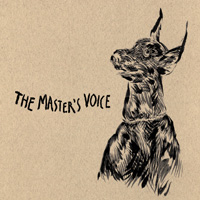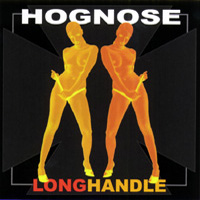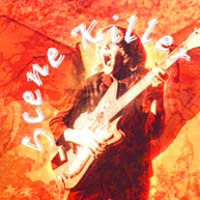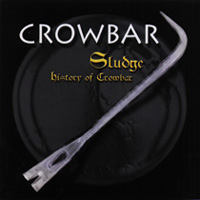 Unknown Instructors
Unknown Instructors
The Master’s Voice (Smog Veil)
by Craig Regala
As serious musicians and general bohemians dicked around with the nutrients sprinkled throughout the past fifty years or so of smallish band electric instrument-based stuff (with vocalist or without), it’s yielded high aesthetic profits/prophets, regardless of sales being great or dire; because radio and records could spread the less than pop-parade to those interested parties that may not be able to see the stuff in person. On The Master’s Voice about a half dozen people got together and let their feelings flow onto magnetic tape. Here’s what I’m thinking about as I listen to it: “nature vs. nurture,” it’s been on my mind for 30 years. Is there something in the local water, the culture of a place formed from people’s actual experiences? Or are your personal tastes and consumer choices paramount freed from concrete local reality? Shit, what if they’re formed by opposition to your situation? I can chase my tail here forever so:…
I’m gonna proceed as if place matters, and here’s my case. The Master’s Voice comes from Los Angeles, the terminal zone for manifest destiny, a place beats derided and were drawn to, jazz players jammed their own thing into the night after making a polyglot of movie music in the afternoon, where surf cut it’s teeth, and hard folks made hard country as the depression and dust bowl drove’m towards the sea. Where noir was born. A place all races, colors, and creeds crashed into each other and took a shot at making a life. Herein, punk rock blew back through rock history and made its last artistic stand chewing a hole many would crawl through. After that creepy crawl stood up and got nominated for a Grammy, it still heaved up good stuff. It had to. That’s culture. Here’s some of it.
The fella who put this together, Dan McGuire, is a word guy. The “spoken word” thing premised on non-metered “poetry” (say, Henry Bukowski) as opposed to stand up Mort Sahl/Richard Pryor “spoken word” as acidic comedy and exposition. In “Twing Twang,” the words let out images and pieces of everyday frustration matched by the music’s rolling bass scales, and spiked and bent guitar notes. Track six, “End of the World,” sounds like members Watt (Minutemen, Mike Watt), George Hurly (Minutemen), and Joe Baiza (Saccharine Trust) stretching their ’80s experience into a the strolling break of the ’60s when bop was breaking into a freer and rootsier thing. Too bad they couldn’t go back in time and play the Fillmore with Rashan Roland Kirk.
(www.smogveil.com)



